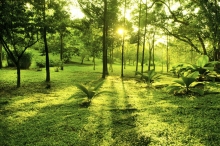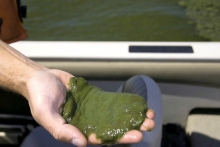By Cynthia Lee, McGill Newsroom
Life in the city changes cognition, behavior and physiology of birds to their advantage
Birds living in urban environments are smarter than birds from rural environments.
But, why do city birds have the edge over their country friends? They adapted to their urban environments enabling them to exploit new resources more favorably than their rural counterparts, say a team of all-McGill University researchers.








